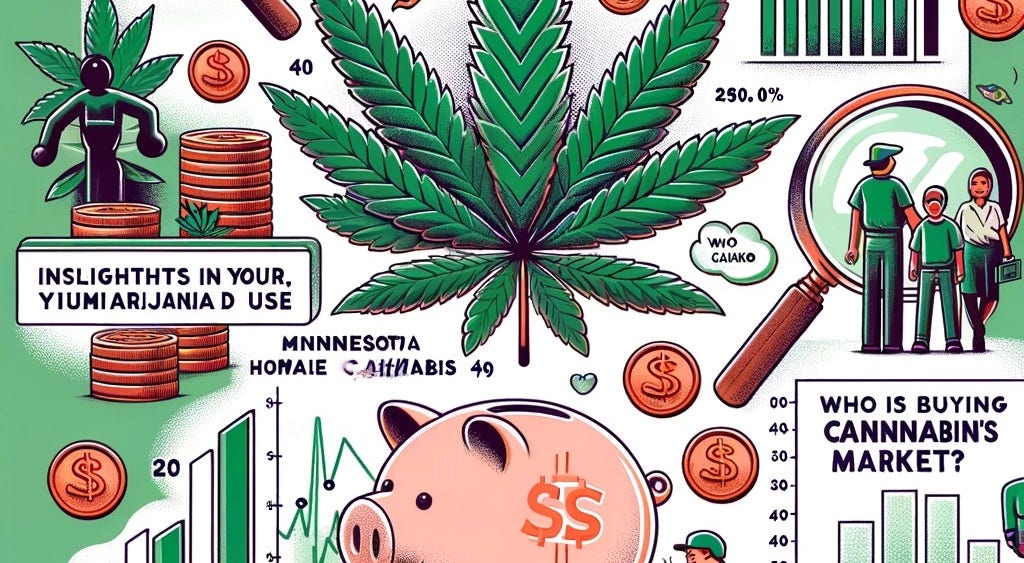
In a recent report from Water Tower Research, authored by analyst Jesse Redmond, the cannabis industry’s current landscape paints an interesting, if optimistic, picture.
The Impact of Market Gains
Since the US Department of Health and Human Services (HHS) hinted at potential changes to marijuana’s classification in August, multi-state operators (MSOs) have skyrocketed by an astonishing 69.07%, while YOLO has enjoyed a solid 34.82% rise.
According to the report, this rally is driven by the optimism surrounding the reclassification of cannabis to Schedule III and the potential relief from the burdensome 280E tax for US-based cannabis operators.
Leading Performers
Among the top players in the industry, Ascend Wellness AAWH emerged as the front-runner, boasting an impressive 25.44% surge, followed closely by MariMed MRMD with a respectable 12.14% gain.
California-based Gold Flora GRAM delivered a striking performance, skyrocketing by 67.17% this week and maintaining a strong 83.89% year-to-date increase. In contrast, The Cannabist CBSTF saw a minor setback, dipping by 12.53% for the week but still holding a healthy 17.65% year-to-date gain.
Recommendation from HHS
On a significant note, the HHS unveiled an unredacted 252-page document on January 12th, recommending the reclassification of cannabis to Schedule III.
This disclosure came as a result of attorney Matt Zorn’s Freedom of Information Act (FOIA) lawsuit.
A Surprising Recommendation
The report notes the HHS’s recommendation exceeded expectations, affirming that cannabis has a “currently accepted medical use in treatment in the United States” and a “potential for abuse less than the drugs or other substances in Schedules I and II.”
Media Focus
The unveiling of the complete HHS recommendation ignited media attention. Notably, the report spotlights Tilray TLRY, which has witnessed a surge in popularity and now holds a prominent position as one of the top three most discussed topics on the Reddit Wall Street Bets subreddit.
Future Outlook
According to the report, the industry’s protracted slump since February 10, 2021, primarily attributed to political stagnation, could see a turnaround. With politicians recognizing the potential of cannabis reform to mobilize and engage younger voters, coordinated efforts to push cannabis reform may gain momentum before the upcoming election.
Institutional Ownership And The Path Forward
The report shows that the top five US cannabis stocks have an average institutional ownership of a mere 9.59%, significantly lower than well-established alcohol and tobacco stocks.
Achieving a doubling of institutional ownership could be a pivotal boost for the industry. However, the report also points out that attracting institutions hinges on visible political progress, instilling the confidence needed for investment.
Photo: AI-Generated Image.



